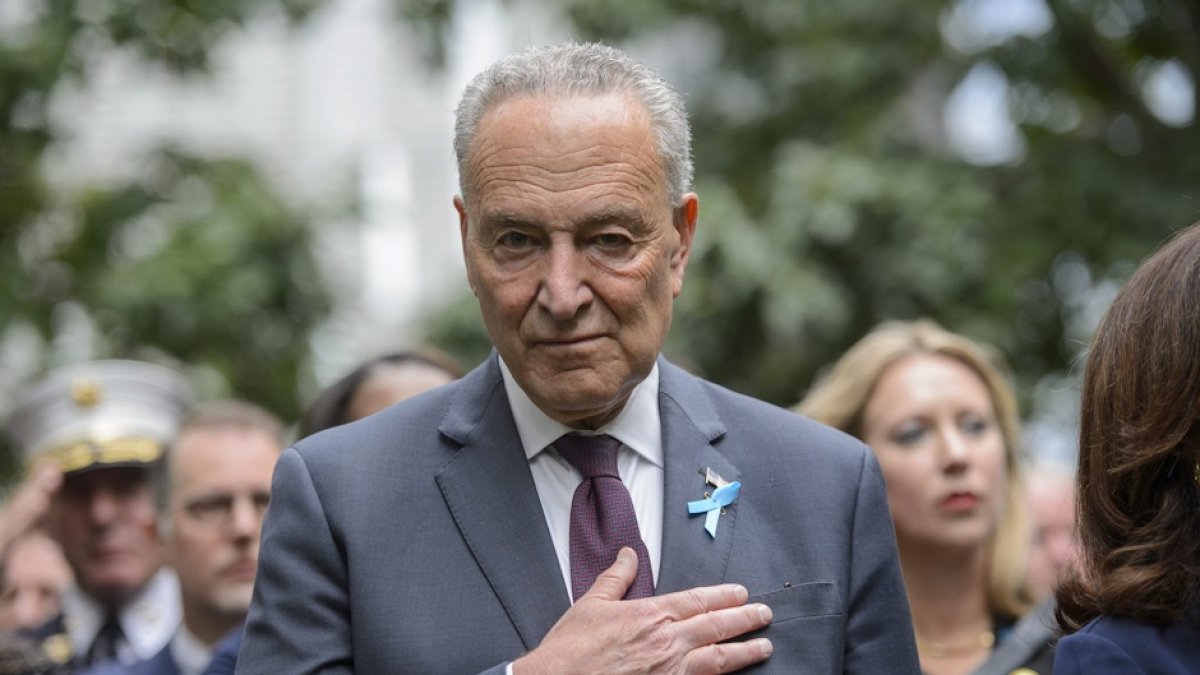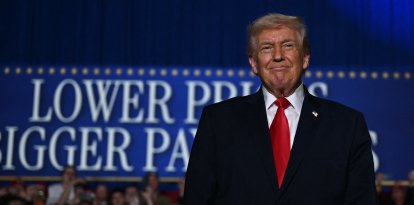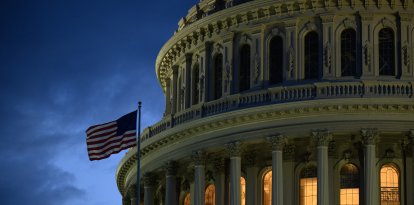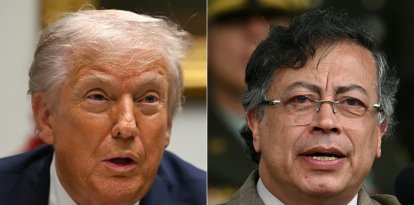The danger of a partial government shutdown looms as Congress continues 'intense discussions'
If lawmakers do not reach an agreement by Friday, March 1, employees of various federal departments will stop receiving their salaries.

Chuck Schumer, líder de la mayoría demócrata en el Senado / Cordon Press.
Congress has until Friday, March 1, to pass key legislation. If they do not reach an agreement, legislators run the risk of falling into the first partial government shutdown in years, which would affect the departments of Agriculture, Energy, Transportation, Housing and Urban Development, among other offices.
For weeks, Democrats and Republicans in D.C. have been negotiating against the clock to prevent a shutdown and allow these particular departments to function and pay salaries.
Chuck Schumer (D-NY) confirmed that both the Senate and the House of Representatives are going through "intense discussions" to avoid the shutdown, blaming the GOP directly for the stalemate.
"We are mere days away from a partial government shutdown on March 1. Unless Republicans get serious, the extreme Republican shutdown will endanger our economy, raise costs, lower safety, and exact untold pain on the American people," the majority leader wrote Sunday in a letter to his colleagues.
The problem is that both sides of the aisle want to include conditions in the legislation that moderates are unwilling to approve.
For example, the House Freedom Caucus asked House Speaker Mike Johnson to include the power to reduce Alejandro Mayorkas' salary and defund both Planned Parenthood and Pentagon travel related to abortions.
In turn, some Democrats expressly called for the agreement to oppose the strategy known as the 'poison pill,' used by directors of public companies to prevent activist investors, competitors, or other potential buyers from taking control of the company in question.
"We've basically finished our negotiation at the subcommittee level," Rep. Tom Cole (R-OK), chairman of the Transportation and Housing and Urban Development subcommittee, told The Hill.
"There are some unresolved items that we've kicked up obviously to the four corners," he added, referring to additional clauses and other issues.
It was expected that the leadership would announce an agreement to finance the departments mentioned above before the end of the weekend, something that ultimately did not happen and which fuels the possibility that they will not have it before March 1 either.
What does a partial government shutdown mean?
Unlike a total government shutdown, which applies to all federal government offices, a partial shutdown only affects specific departments for which an agreement has not been reached for their financing. Therefore, only those departments will stop working, and their employees will not receive their salaries.
"Non-essential and unfunded activities of impacted government agencies would also be shut down causing additional disruption. Government contractors typically see additional disruption. Historically, government shutdowns have been brief, in part, because the economic impact can be severe. Even a delayed paycheck can be a major disruption to many households," Forbes explained.

























